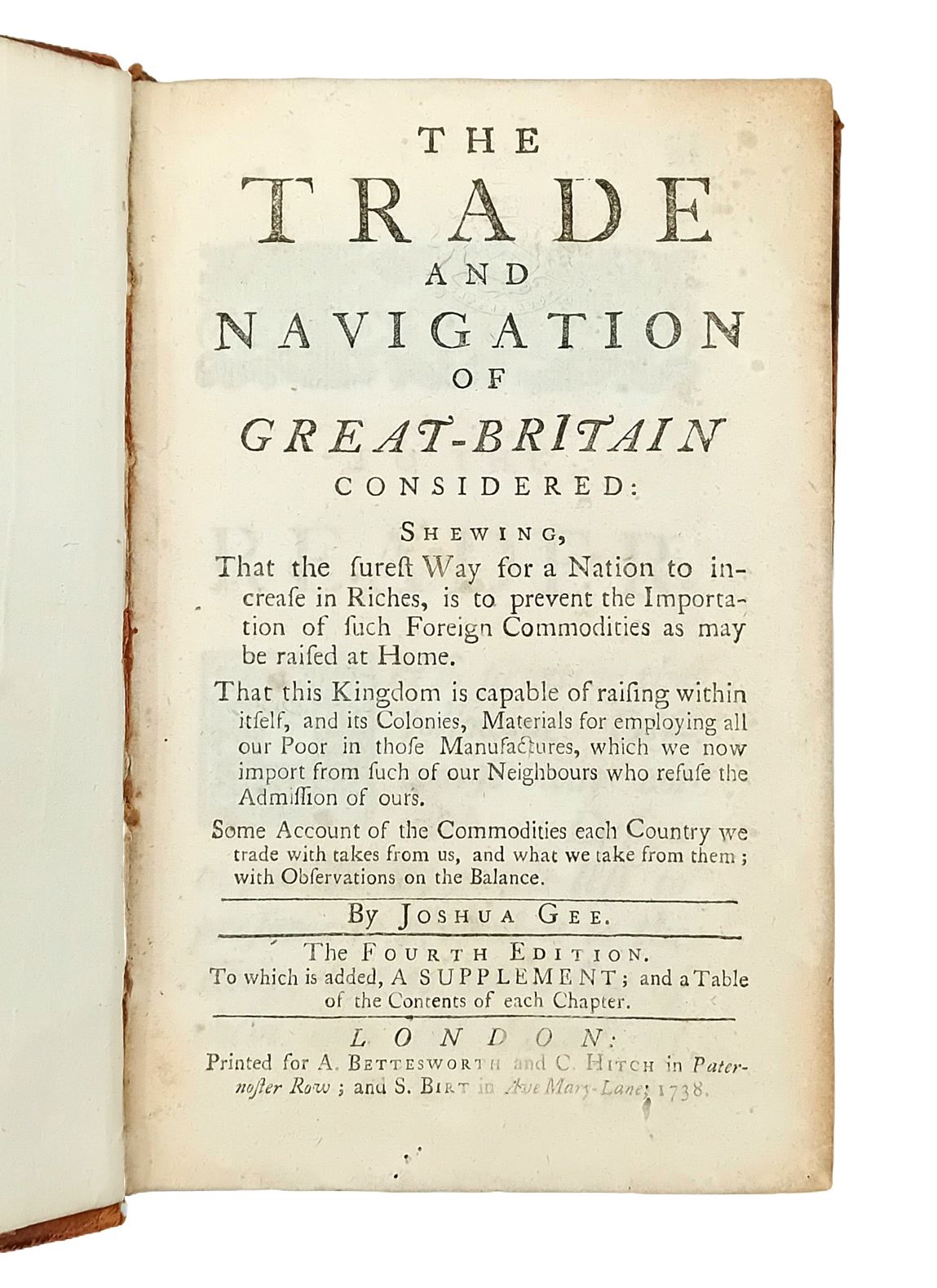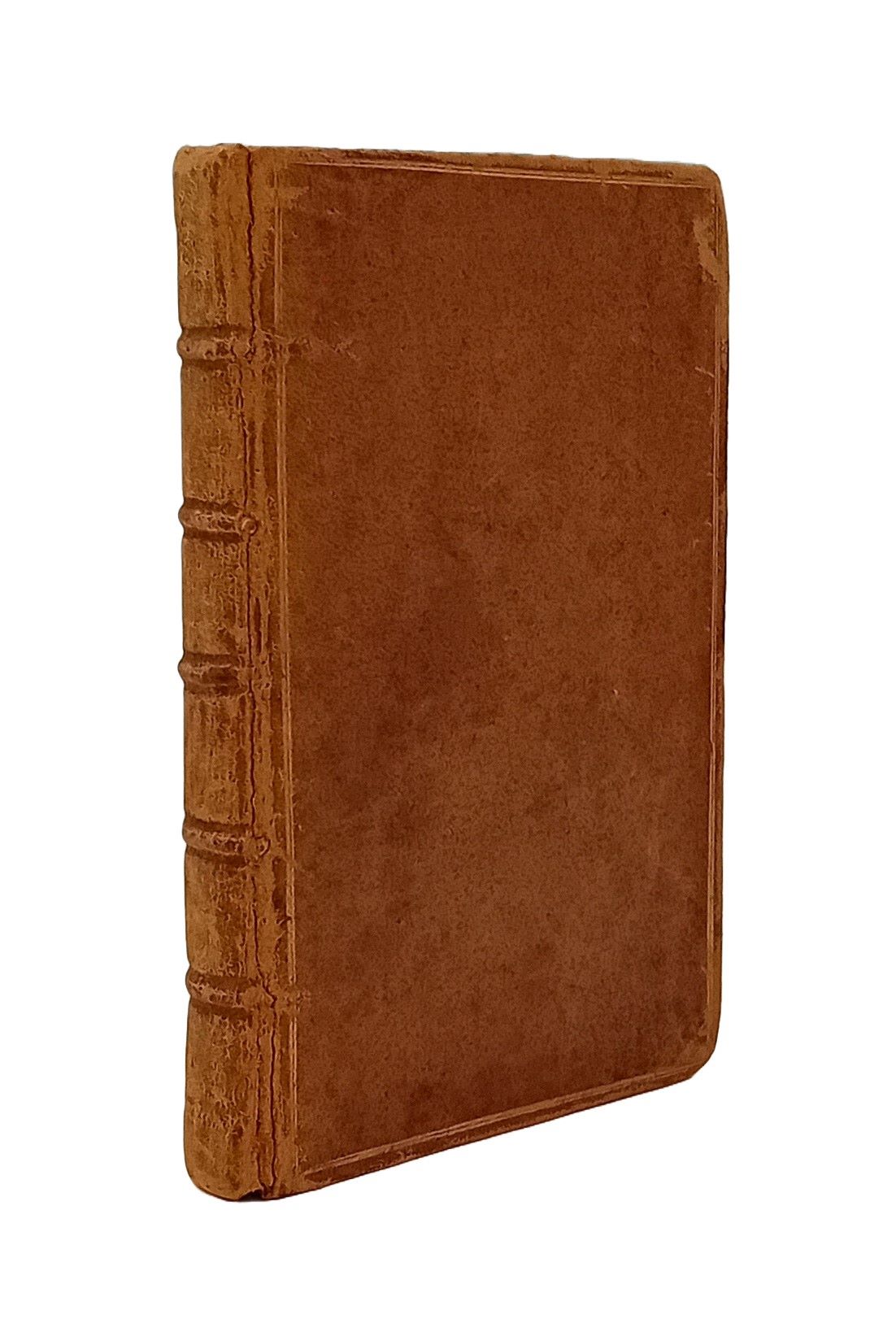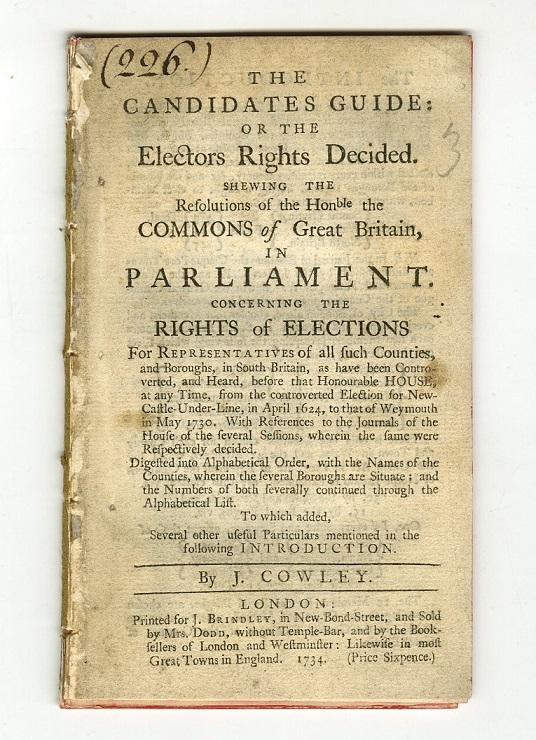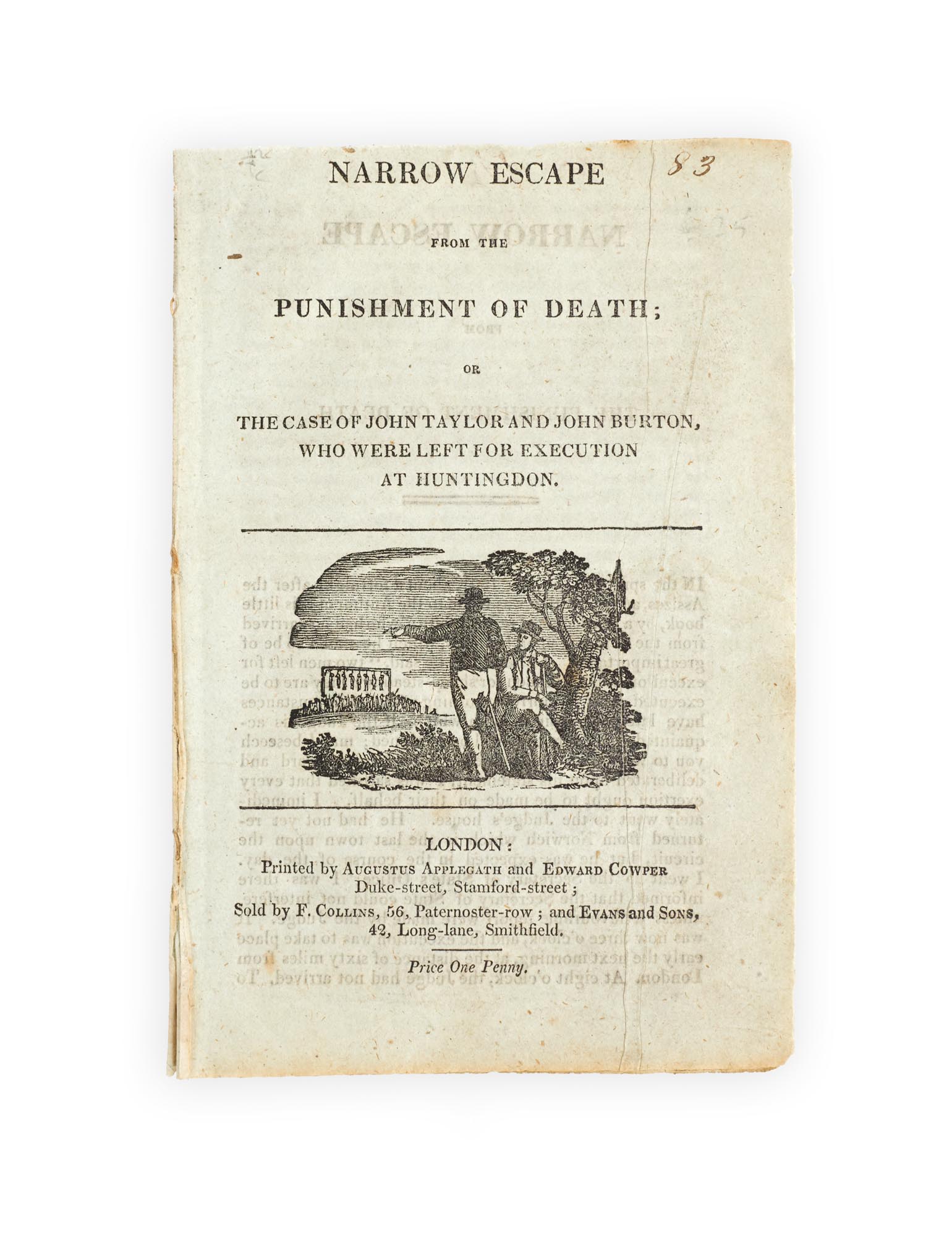

THE BALANCE OF TRADE
GEE, Joshua.
The trade and navigation of Great-Britain considered: shewing that the surest way for a nation to increase in riches, is to prevent the importation of such foreign commodities as may be raised at home. That this kingdom is capable of raising within itself, and its colonies, materials for employing all our poor in those manufactures, which we now import from such of our neighbours who refuse the admission of ours. Some account of the commodities each country we trade with takes from us, and what we take from them; with observations on the balance … The fourth edition. To which is added, a supplement; and a table of the contents of each chapter.
London, A. Bettesworth, C. Hitch … and S. Birt, 1738.
12mo, pp. xxxix, [1] blank, [7] contents, [1] blank, 239, [1] blank; marginal worm holes throughout, tracking to the first and last gatherings only, touching a couple of dozen letters, sense recoverable, else a good copy in contemporary sprinkled calf, boards ruled gilt, raised bands to spine, spine sunned, extremities rubbed, a couple of scuffs; bookplate and blind stamps of the Macclesfield library.

Added to your basket:
The trade and navigation of Great-Britain considered: shewing that the surest way for a nation to increase in riches, is to prevent the importation of such foreign commodities as may be raised at home. That this kingdom is capable of raising within itself, and its colonies, materials for employing all our poor in those manufactures, which we now import from such of our neighbours who refuse the admission of ours. Some account of the commodities each country we trade with takes from us, and what we take from them; with observations on the balance … The fourth edition. To which is added, a supplement; and a table of the contents of each chapter.
Fourth edition of Gee’s most important work, first published in 1729. Written at a time of declining exports, decaying agriculture and high unemployment Trade and navigation discusses foreign trade with strong protectionist tendencies. Gee is keen to improve trade with the North American colonies, particularly in commodities which England imports from other countries. There are brief chapters on trade with Carolina, Pennsylvania, New Jersey and New York, and New England, as well as the tobacco and sugar plantations of the West Indies. He also highlights the potential political dangers of relying too heavily on Muscovy and Sweden for such essential naval stores as hemp, flax, pitch and tar.
Gee (1667-1730) was a wealthy London merchant in silk, iron, and other commodities, and an adviser to the Board of Trade and Plantations. He was a Quaker, a friend of William Penn, and one of the original mortgagees of Pennsylvania. In 1720 he became a founding partner of the Principio Company, a joint-stock company producing iron in Maryland for use in British industry.
A popular and influential work, nine English editions were produced in the eighteenth century, four in French, one in Spanish, and one in German (Kenneth E. Carpenter, Economic bestsellers before 1850, Bulletin of the Kress Library, 1975).
Alden 738/109; Carpenter XII (4); Goldsmiths’ 7552; Kress 4384; Sabin 26827.

